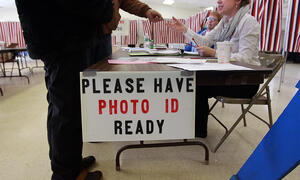How Are You Teaching Black History?
We hope you’ll join us—this February and year-round—in teaching Black history beyond trauma and helping students recognize the brilliance, strength and love this history represents. Here’s why that’s so important.
- Black History Month: Teaching the Complete History
- Ending Curriculum Violence
- Black History Month Teaching: Miseducation or Empowerment?

